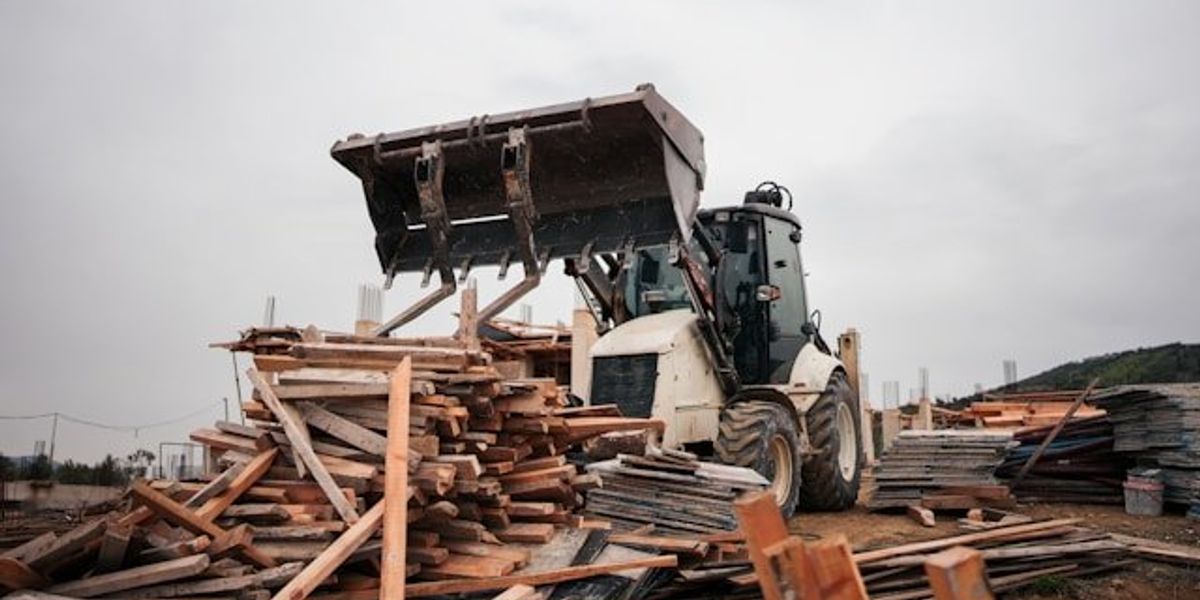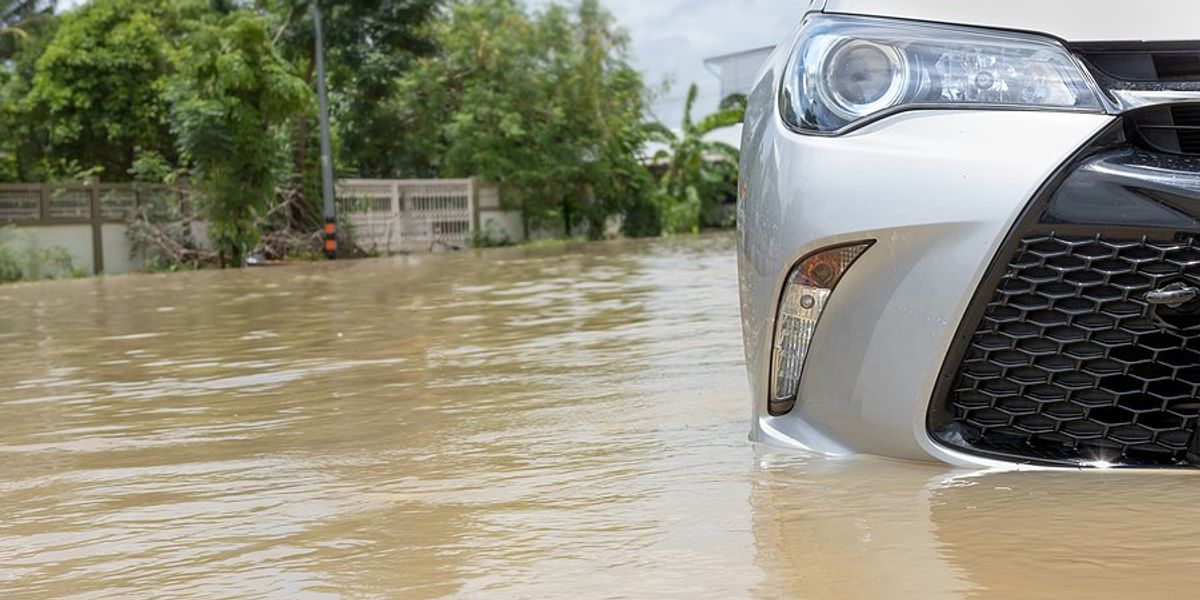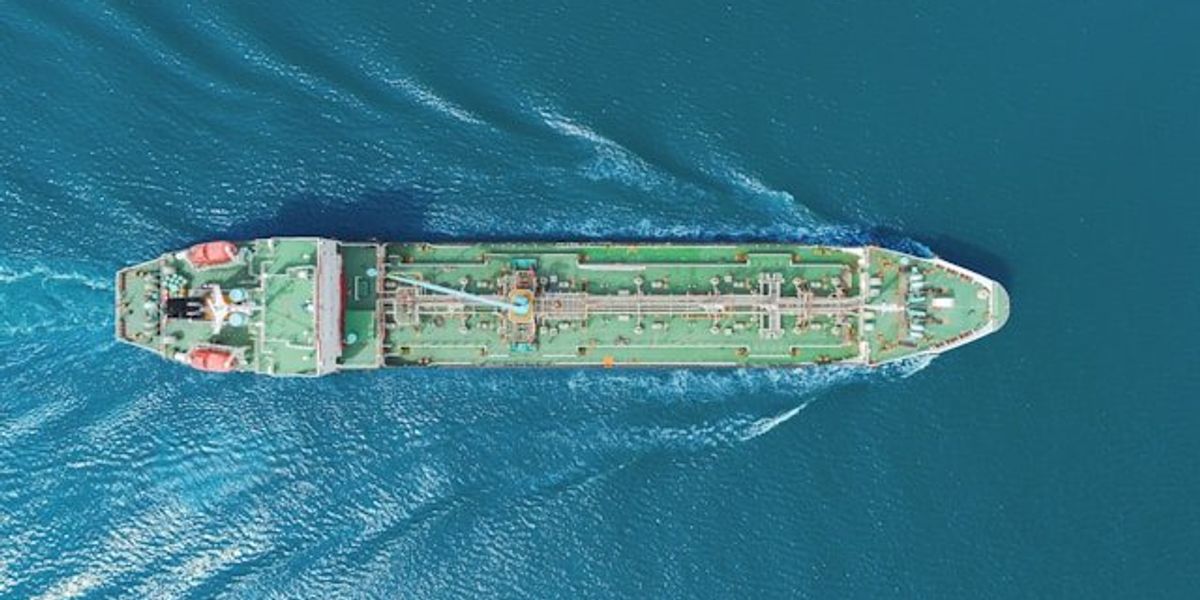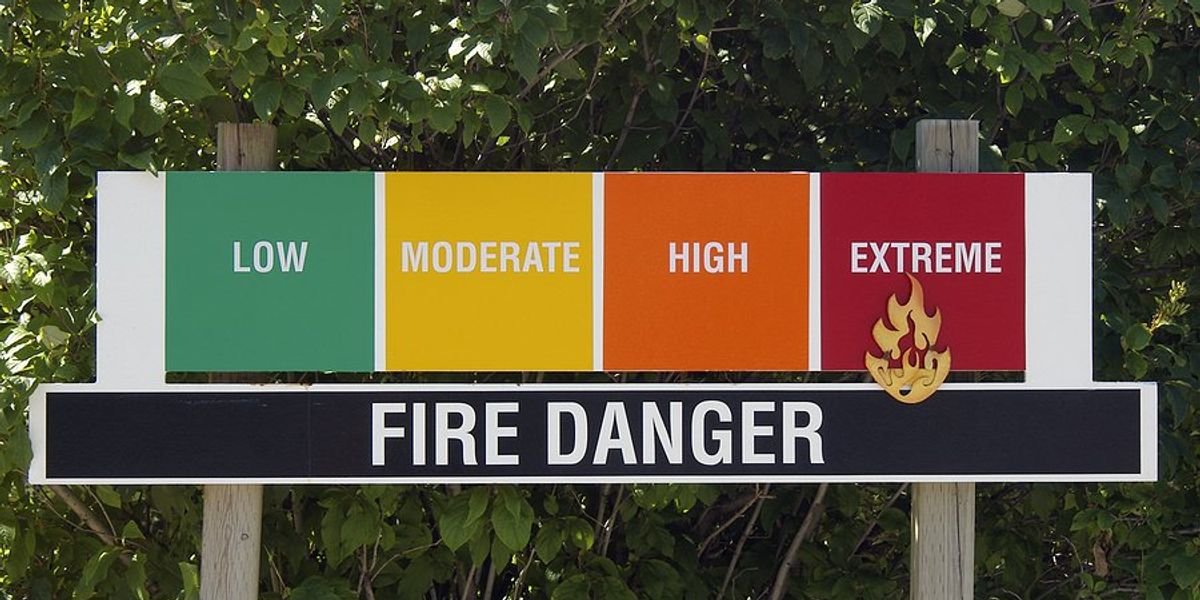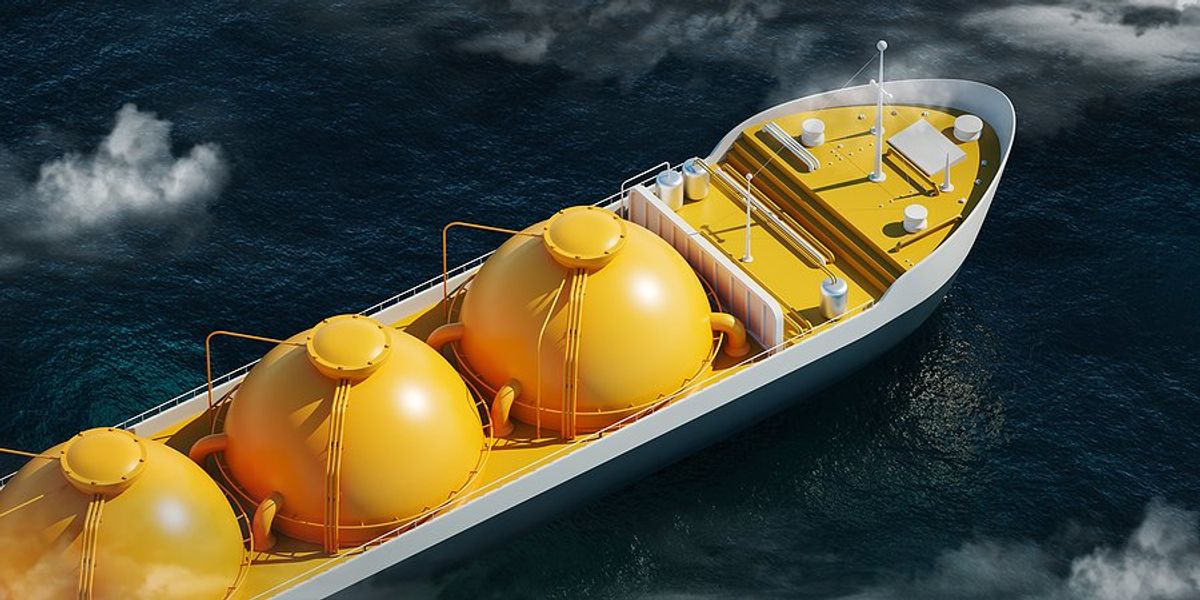
Major insurer drops coverage for Louisiana LNG project amid pollution concerns
An insurance giant has stopped backing a liquefied natural gas terminal in southwest Louisiana that has drawn sustained criticism from residents and environmental advocates over its health and climate impacts.
Keerti Gopal reports for Inside Climate News.
In short:
- Chubb, a major global insurer, is no longer providing property insurance to Venture Global’s Calcasieu Pass LNG terminal, a move revealed through public records and confirmed by the company, though the specific reason remains unclear.
- Residents of Cameron Parish, Louisiana, have long opposed the facility, citing thousands of permit violations and a growing body of evidence linking pollution from LNG operations to serious health risks including asthma and cancer.
- Chubb’s decision follows years of activist pressure and coincides with broader shifts in the insurance industry, which is beginning to distance itself from high-emissions fossil fuel projects amid worsening climate-related disasters.
Key quote:
“We have been pressuring Chubb for several years now to not insure these dangerous, polluting projects, because insuring those projects is ensuring environmental racism in communities that are overburdened by pollution.”
— Roishetta Ozane, founder of the Vessel Project of Louisiana
Why this matters:
Liquefied natural gas, often marketed as a “cleaner” fossil fuel, emits significant amounts of methane — a potent greenhouse gas — throughout its production and export cycle. Along Louisiana’s Gulf Coast, a rapid buildout of LNG terminals is transforming low-income communities, many of them majority Black, into industrial hubs. These areas already suffer from some of the nation’s worst toxic emissions and are highly vulnerable to climate disasters like hurricanes and floods, which are intensifying with rising global temperatures. Insurance companies, facing ballooning costs from extreme weather, are increasingly exiting high-risk regions while continuing to support the very projects contributing to those risks.
Learn more:




